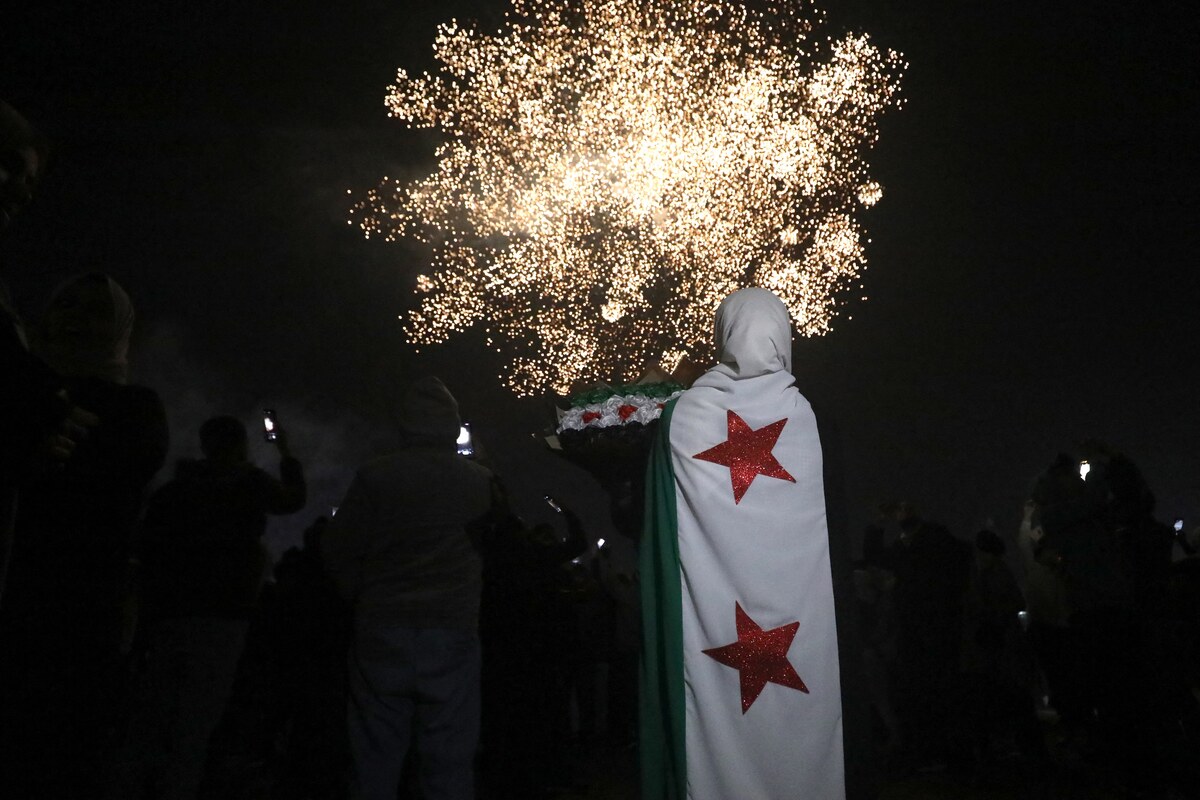RIYADH: Saudi Arabia’s tourism minister has reaffirmed the Kingdom’s commitment to creating a sustainable tourism sector and utilizing it to forge closer cultural links between nations globally.
Ahmed Al-Khateeb addressed the G20 ministers’ meeting in Brazil, confirming that bolstering the tourism sector will help countries grow their economies and allow individuals to connect culturally.
Saudi Arabia has been making significant strides in the tourism industry since the launch of Vision 2030, with the Kingdom steadily diversifying its economy by reducing its dependence on oil.
Affirming the nation’s progress in the field, a report released by UN Tourism in September revealed that the Kingdom has emerged as a leader in the sector, experiencing a remarkable 73 percent increase in international visitors in the first seven months of 2024 compared to 2019.
According to the release, the country welcomed 17.5 million international tourists during the seven-month timeframe, showcasing its growing appeal as a global travel destination.
“Saudi Arabia shares and celebrates the G20’s dedication to boost tourism growth and to put sustainability at the heart of our work,” said Al-Khateeb.
He added: “There is more than just an economic benefit from the strides we are making to improve connectivity. They also provide the chance for people from around the world to explore the rich culture of Saudi Arabia and for our people to experience the wonders of other countries and cultures.”
Al-Khateeb meets global leaders
During the event in Brazil, Al-Khateeb also met with ministers and senior political figures from India, Italy, Spain, and Japan, where he discussed ways to bolster tourism between these nations and Saudi Arabia.
“We discussed cooperation between our friendly countries and the importance of international efforts to build a prosperous and sustainable tourism future,” wrote Al-Khateeb on X.
The minister also met with Zurab Pololikashvili, secretary-general of UN Tourism, and Julia Simpson, president and CEO of the World Travel and Tourism Council.
In addition to meeting with global leaders, Al-Khateeb joined a public-private dialogue session organized by WTTC, which analyzed the impacts of the pandemic on the tourism sector, as well as other areas including employment trends in the industry with a focus on youth and women.
The G20 meeting in Brazil brought together tourism ministers of the group, of which Saudi Arabia is the only permanent member of the Gulf Cooperation Council, as well as 32 additional guest countries and international organizations.
The Kingdom had approved the creation of the G20 Tourism Working Group during its presidency in 2020. This year’s meeting in Brazil also worked to finalize a report by the Working Group that details measures taken by its members to promote robust, sustainable, and balanced global tourism growth.
Saudi Arabia progresses in tourism sector
Having already surpassed the initial target of welcoming 100 million visitors, the nation aims to attract 150 million visitors by the end of this decade, aligned with the Kingdom’s National Tourism Strategy.
The approach also aims to boost tourism’s contribution to the Kingdom’s gross domestic product from 6 percent to 10 percent by 2030.
The latest UN Tourism report revealed that Saudi Arabia’s international tourism revenues also surged by 207 percent in the first seven months, compared to the same period in 2019.
The country’s tourism sector is also crucial in reducing unemployment in the Kingdom, with the industry employing 925,000 people last year, of whom 45 percent were women.
On Sept. 18, Saudi Arabia’s Crown Prince and Prime Minister, Mohammed bin Salman, inaugurated the first year of the ninth session of the Shoura Council and highlighted the progress made by the nation in various sectors, including tourism.
“In the field of tourism, achievements preceded the target date, as the national tourism strategy, which was launched in 2019, set a target of 100 million tourists in 2030, and this target was exceeded and reached 109 million tourists in 2023,” he said.
Another report released by Moody’s in September also highlighted that Saudi Arabia’s banking division is benefiting from the sector, as industries like tourism and construction provide attractive lending opportunities.
In August, the Saudi Tourism Authority partnered with digital payment service provider Visa to launch a Tourism Data and Campaigns Management Hub in the Kingdom.
According to a press statement, this hub, touted to be the first of its kind in the Middle East region, is expected to accelerate the Saudi government’s efforts to the Kingdom’s tourism sector and visitor experience.
The lab will also offer data-driven insights on travel and tourism trends, thus enabling the authority to make informed decisions to conduct campaigns and initiatives to strengthen the country’s sector.






























